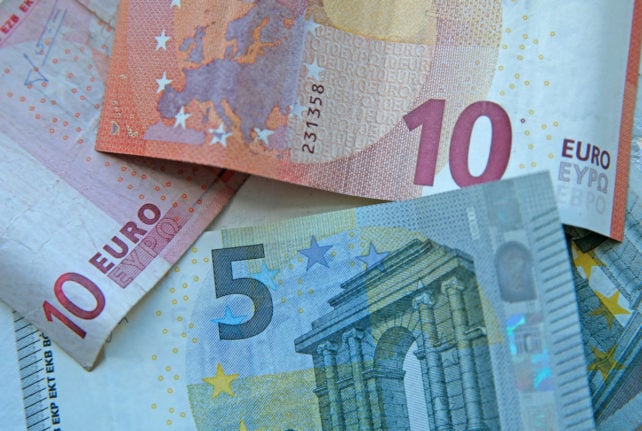In both the US and the rest of the world, the stock markets rose on Thursday over the US inflation figures. Inflation unexpectedly fell to “just” 7.7 percent, which was lower than the 7.9 percent that financial markets expected.
“There are reasons to believe this is now a turning point,” Isaksson says. However, Sweden is not there yet. The Swedish inflation figures for October will be released on Tuesday.
“It will take a while longer before Swedish inflation becomes more moderate. The US is ahead of us, and it has also been a different situation there,” Alexandra Stråberg, chief economist at Länsförsäkringar, a Swedish group of customer-owned insurance companies, says.
Electricity prices are going down
In October, the electricity price fell sharply, to around 80 öre/kWh in the southern half of the country, compared to the record level of three kroner in August, but also somewhat lower than October last year.
That reduces inflation by more than what the Riksbank had expected, Isaksson says Torbjörn, noting that the effect could be even greater in November.
However, such developments might be temporary. There is still a substantial risk of high electricity prices this winter.
Food and service prices on the rise
According to Statistics Sweden, food prices have risen by around 16 percent in one year, from September 2021 to September 2022.
They have contributed significantly to lifting overall inflation. And that trend is likely to continue, economists predict.
“Food prices can continue to rise even in November and December,” Isaksson says.
Service prices also continue to rise. This applies to everything from hotels and restaurants to hairdressers and transport prices.
Overall, inflation has hardly peaked in Sweden yet, Isaksson and Stråberg believe.
“Inflation has spread so much now. The electricity price has been volatile, and this will be reflected in inflation in the coming months, Stråberg noted.



 Please whitelist us to continue reading.
Please whitelist us to continue reading.
Member comments